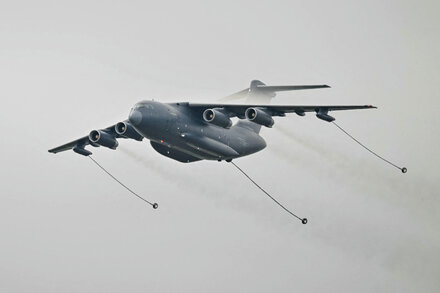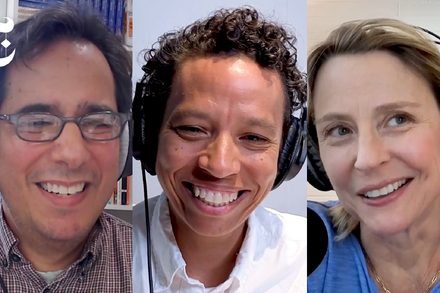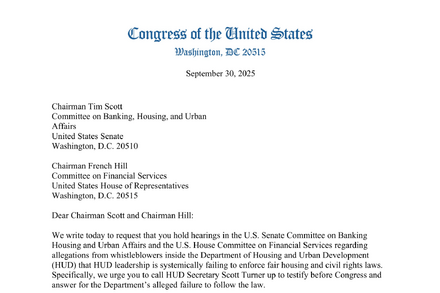
Beijing finds itself navigating a complex and often contradictory international role, simultaneously positioning itself as a proponent of peace and stability while emerging as a significant global arms supplier. This dual approach has drawn scrutiny, particularly in regions marked by geopolitical tensions and ongoing conflicts.
China has increasingly asserted its diplomatic influence on the world stage, advocating for multilateralism and peaceful resolution of disputes. Initiatives like the Global Security Initiative (GSI), proposed by President Xi Jinping, underscore a vision for a shared future through dialogue and cooperation. Recent mediation efforts, such as the rapprochement between Iran and Saudi Arabia in March 2023, have highlighted Beijing’s growing capacity as a peace broker.
“China is committed to working with all parties to uphold the vision of common, comprehensive, cooperative and sustainable security, and jointly build a community with a shared future for mankind,” Chinese Foreign Ministry spokesperson Wang Wenbin stated in a briefing following the Iran-Saudi Arabia deal, emphasizing China’s constructive role in global security.
Yet, this diplomatic push for peace coexists with China’s robust and expanding arms industry. The country has steadily risen to become one of the world’s largest exporters of military hardware. Chinese-made weapons, including fighter jets, naval vessels, drones, and artillery systems, are acquired by numerous nations, particularly in Asia, Africa, and Latin America. These sales are often characterized by competitive pricing and less stringent conditions compared to Western suppliers, making them attractive to developing nations.
In Southeast Asia, a strategically vital region, China’s dual roles are particularly pronounced. While Beijing promotes a Code of Conduct in the South China Sea and engages in various regional stability forums, it also maintains robust defense ties and supplies weaponry to several countries in the area. Cambodia, for example, has become a significant recipient of Chinese military aid and equipment, bolstering its defense capabilities. Thailand, another key regional player, has also procured various defense assets from China, including submarines and armored vehicles, diversifying its traditional Western-dominated arms supply.
Critics and analysts often point to the inherent paradox in China’s foreign policy: advocating for an end to conflicts and promoting stability, while simultaneously profiting from the global arms trade that fuels or exacerbates those very conflicts. This pragmatic approach is viewed by some as a calculated strategy to enhance China’s geopolitical influence, secure economic interests, and support allies, even as it champions a narrative of peaceful development.
Strategic Ambiguity or Economic Pragmatism?
The balancing act between peace diplomacy and arms sales raises questions about the long-term implications for regional security. Proponents of China’s policy argue that arms sales are a legitimate component of international relations and that all major powers engage in them. They emphasize China’s non-interference policy, asserting that its weapons come without political strings attached, allowing sovereign nations to bolster their defenses as they see fit.
However, observers express concerns that the proliferation of advanced weaponry, even under the guise of self-defense, can escalate regional arms races and heighten the risk of conflict, especially in volatile areas. The dual role underscores the complex reality of global power dynamics, where economic interests, security imperatives, and diplomatic ambitions are often intertwined in ways that defy simple categorization.
As China continues to expand its global footprint, its ability to reconcile these seemingly contradictory roles will remain a key focus for international scrutiny, particularly in regions where the balance between peace and potential conflict hangs precariously.
Source: Read the original article here.





